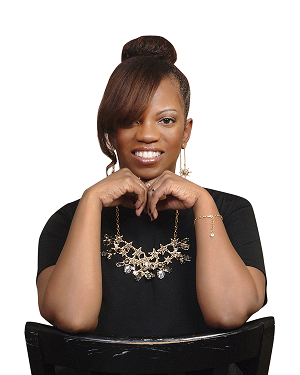Over the past few decades, memoirs have become increasingly popular. It could be due to the whole “reality tv” craze where viewers tune in to watch “stars” go about their every day, drama-filled lives. Or, it could be because people who’ve suffered — or are suffering — long to connect with those who can offer lessons and insight on how to persevere.
Authors of other genres have begun to take notice — and take advantage of the trend. According to a 2017 article by Emma Crosby, novelists are now writing fiction works to appear as a memoir in order to tap into a new audience.
Whether or not you agree with novelists’ new approach, it should tell you something. Readers are longing for authenticity. And wisdom. And truth. Celebrities and laymen alike are answering the call and pouring out their hearts and innermost secrets with the world in order to inspire readers to heal, grow, change.
But not everyone is ready to write a memoir. Unlike an autobiography, a memoir is written in a story-like structure with an overarching theme serving as its purpose. Autobiographies can cover one’s life but memoirs emphasize how an incident, action, or inaction affected the entirety of that life. Comprised of impactful moments, it typically ends with one’s purpose or a life lesson.
What does this mean to writers interested in publishing their memoir?
You can only write an impactful, heart-grabbing, moving memoir once you allow your ego’s story to drop away.
If you’re not ready to be unapologetically transparent and authentic, writing a memoir may not be for you. However, if you have been moved to write your memoir, please know that you’re not required to tell all of your business. Let me put it this way: you can write about what happened to you and how it affected you without sharing every lewd detail that resulted.
For example, some of my favorite memoirs — clients included — detailed how a certain life experience changed the trajectory of their life. Of course, stupid decisions were made and from that, lessons were learned. But none of the authors wasted pages defending and justifying their mistakes and bad behavior.
There’s a delicate balance between telling your story and telling your business.
Let me give you an example: A few days ago, I started to read the memoir of an up-and-coming pastor who faced certain life challenges. By the end of the second chapter, it was evident she wasn’t going to tell her story. When she would begin to write about her childhood and life challenges, she’d omit the details but instead explain her viewpoints and ideologies about life and church in general. It was hard to follow.
Here are a few verified Amazon reviews from some of her readers:
HUGE DISAPPOINTMENT!!!! She wore me OUT with all those analogies that took up more space than necessary. It’s not about wanting to hear her tell her business, it was about her overwhelming readers with all those analogies cutting into her story! She would have been better off just writing a book of poetry if she wanted to spew all that analogy.
Frankly, I can’t believe someone actually published this book. It has to be one of the worst Christian books I have ever read. The author spends the majority of the time trying to promote ministry instead of speaking about the great glory of God. This book shouldn’t really be considered a “Christian” book because she does NOT point the reader to Christ in any way shape or form.
I am appalled that it even got published. It was the worst book I have ever read in my entire life. [Author] spent the majority of the book describing why she made the terrible choices she made but giving no hope or help to anyone who might find themselves in similar situations. On page 85 she did mention Jesus, but that was the ONLY time that she ever did mention him.
Oh my goodness I don’t even care that you happened to see stars in the sky one day and thought that you might have your life finally figured out! You didn’t! But you didn’t point that out, did you? NO! You tried to make yourself look like someone to be pitied over and over. On page 146 she says, “So why share this with you?” and that was the same question I had when I finished the book. Why in the WORLD did she share this? It is not helpful. It is not inspiring.
As you can tell from the reviews above, this author’s book was not a memoir although it’s advertised as such. She failed to tell her story and there lacked a clear message and theme. It was in desperate need of an editor and should have been promoted as a motivational book; this would have removed the necessity of having to share intimate details of her story.
No one is under any obligation to write their memoir or incorporate personal details of their life into their work. And if any part of you is hesitant to do so, please don’t rush the process. You can be just as impactful in other ways.


